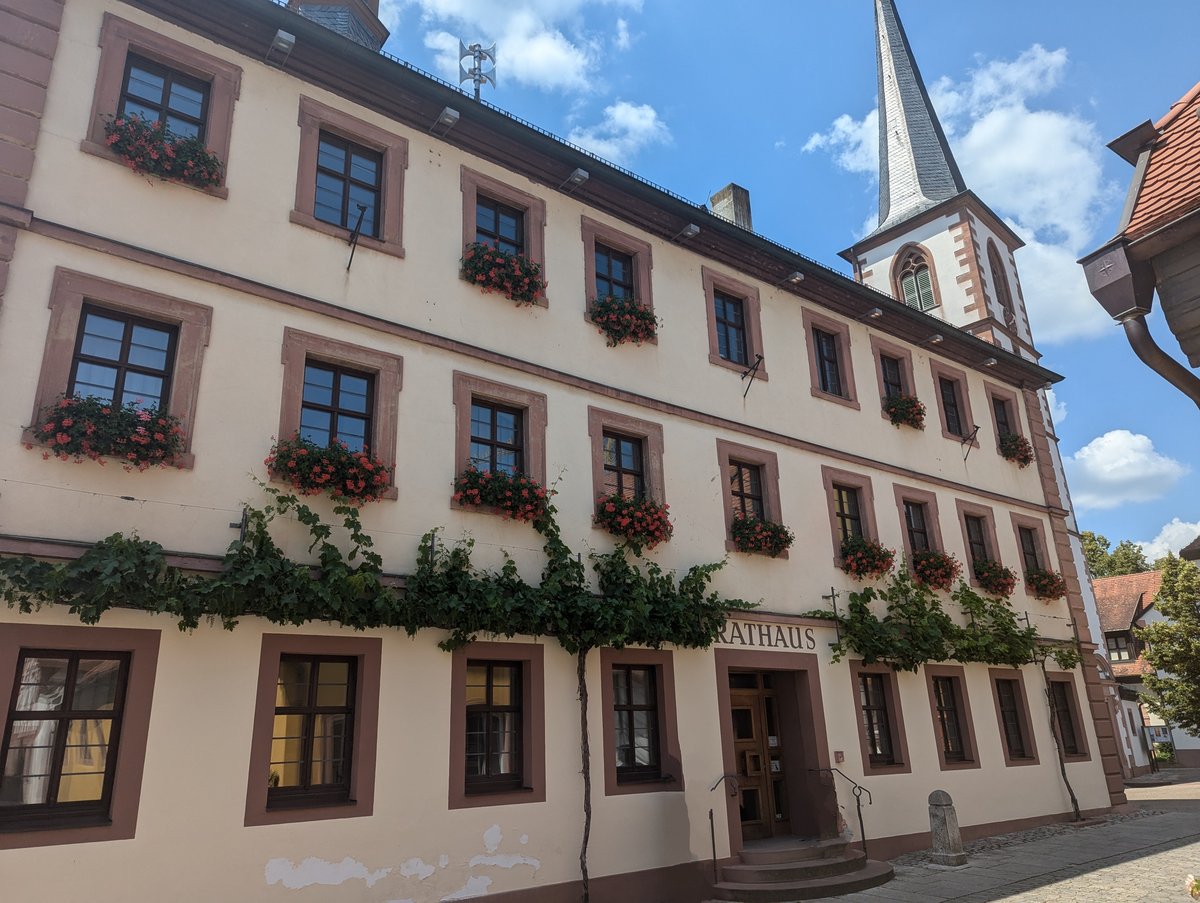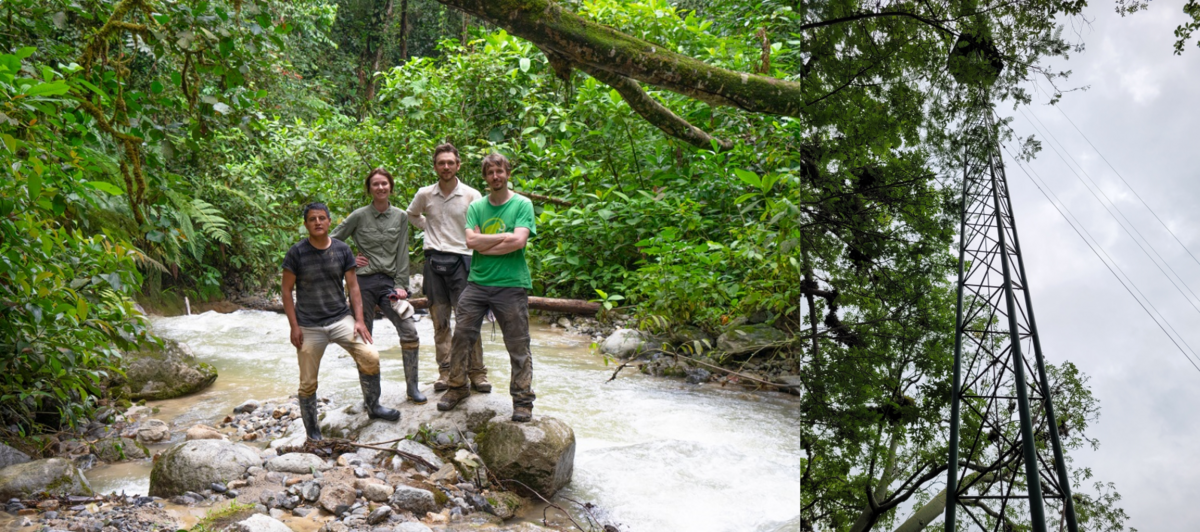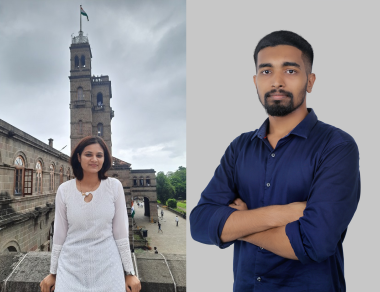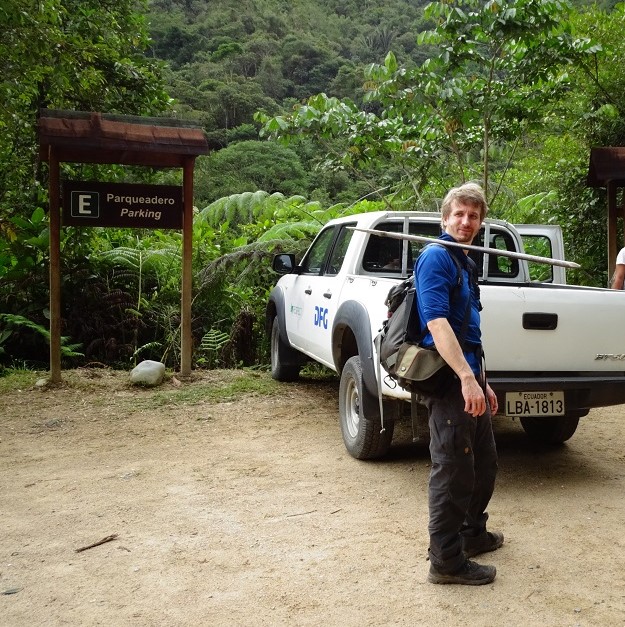
Overview What we do
Our research deals with atmospheric boundary layer processes (microscale) and their coupling to the free atmosphere (mesoscale, macroscale). The focus is on interactions between land surface properties and the adjacent atmosphere with respect to spatiotemporal dynamics of energy, water and carbon fluxes (e.g. turbulent exchange processes, transport and dispersion patterns) as well as the formation of topographically induced flow systems and cloud formation mechanisms by e.g. terrain and land use.
The knowledge about systemic processes and functional interrelations significantly contributes to a better understanding of the climate system and thus to reducing uncertainties about our future climate.
We use a broad spectrum of modern environmental monitoring methods, geo-statistical analysis methods and numerical models. In addition to ground-based measurement techniques such as eddy-covariance measurements for turbulent exchange processes, GIS- and remote sensing-based data for an upscaling of the local information.
Numerical models are used to unveil the underlying physical and mechanistic processes. In addition, we are developing numerical models for the simulation and analysis of future regional and local climate change scenarios.
Project Meeting NUKLEUS2 25.07.2024-27.07.2024

At the NUKLEUS annual meeting in Thüngersheim, we were able to exchange information with colleagues from the universities of Würzburg, Dresden, Giessen, the Karlsruhe Institute of Technology (KIT), the Helmholtz Center Hereon and the German Climate Computing Center (DKRZ) on the status of the work and the latest results and discuss the next steps. We look forward to the next meeting and continuing our successful collaboration.
Prize for the best bachelor thesis 202120.07.2022
Nadine Gottschalk, supervised by Katja Trachte and Maik Veste, has received the award for the best bachelor thesis of faculty 2. Congratulations, we are happy for you!
Neues Projekt mit erster Feldkampagne gestartet 20.04.2022
Unser neues Teilprojekt im Rahmen der FOR2730 ist mit einer ersten Feldkampagne erfolgreich gestartet. Wir haben eine weitere Eddy-Kovarianz-Station im Trockenwald des Laipuna-Reservats installiert. Das System wird CO2/H2O und biometeorologische Parameter messen, um die Biomasseproduktion und Evapotranspiration des Bergtrockenwaldes zu untersuchen. Vielen Dank an das Team - Franz Pucha, Katja Trachte, Sebastian Scholz und Volker Raffelsbauer - für die tolle Zeit.



